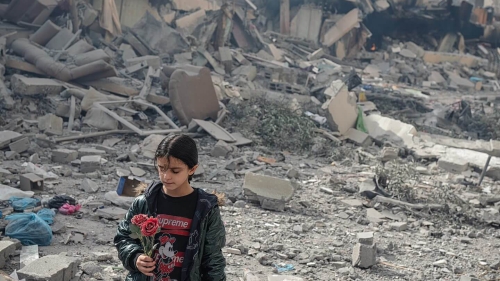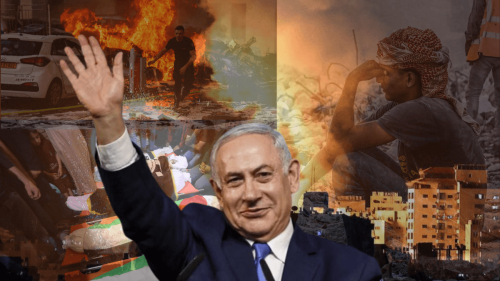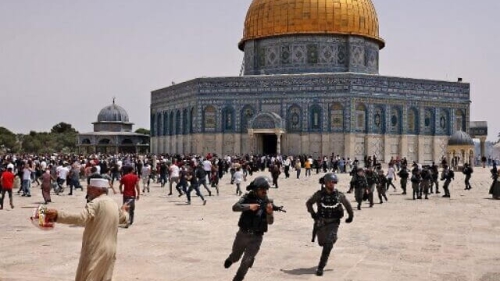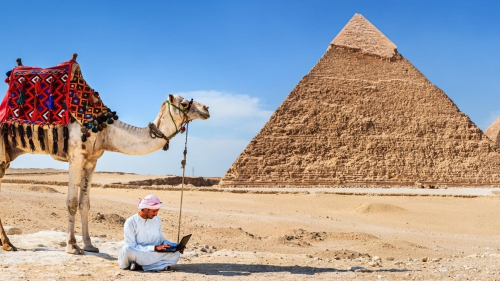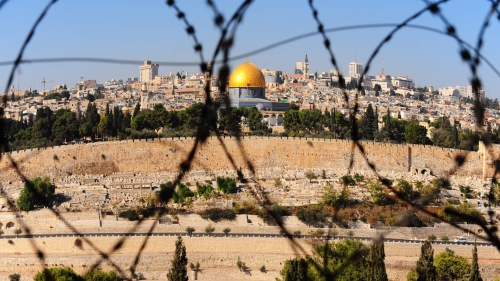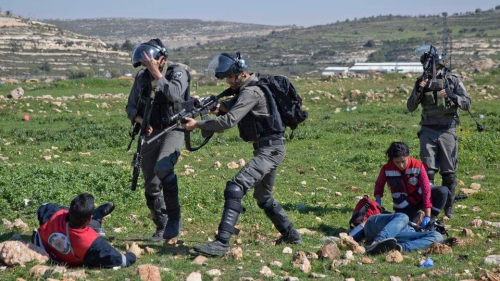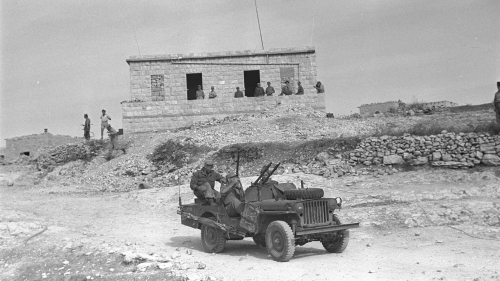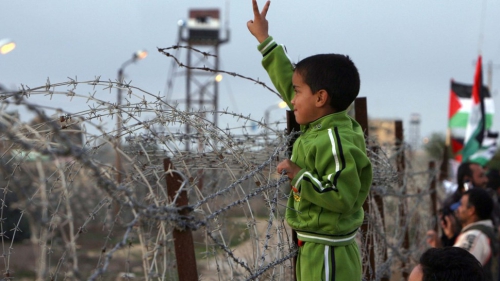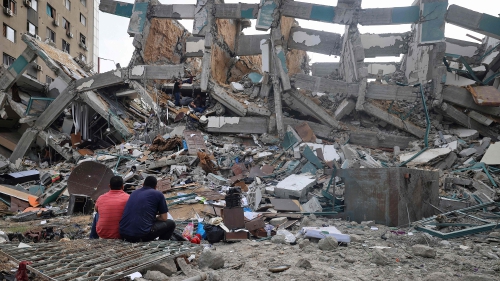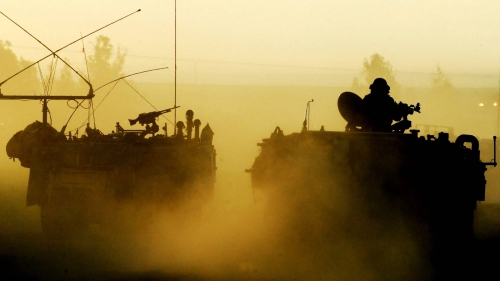Al Tantura Massacre Denied, Again
Israeli historian Teddy Katz says he was forced under "pressure" to deny the occurrence of a gruesome massacre committed by Israeli troops against innocent Palestinians on May 21, 1948. Katz said that family pressure and his deteriorating health pushed him to accept a "compromise" in an Israeli court, which led to his denial of the massacre, in exchange for dropping the lawsuit filed against him by those who carried out the massacre, veterans from the Israeli army's Alexandroni Brigades.
On Friday, December 22, one day after the legal "compromise" was reached between Katz and veterans of the Alexandroni Brigade, Katz asked the Tel Aviv District Court Judge Drora Pilpel to "scrap" the compromise, and to continue with the trial. Pilpel refused, saying that the agreement was signed between two mature parties and that Katz would have to abide by the terms therein.
One of these terms is a half-page apology in two daily Israeli newspapers where the historian would say that after a thorough examination of the evidence, he was convinced "beyond a shadow of a doubt that there was no basis for the allegations regarding the massacre which was carried out in the village after it was surrounded by the Alexandroni Brigade in May 1948", according the Israeli daily Ha'aretz.
The timing of the month-long trial, the sudden and probable temporary closing of the Tantura case in Israeli courts, the suing of Katz and the seemingly forced "compromise" all provoke a number of critical questions. If Israel is not yet ready to accept responsibility for massacres committed against Palestinians over five decades ago, can it be trusted to live in peace with those Palestinians who are still living? And can it be trusted to recognize the rights of millions of refugees whose journey of pain and hardship was itself an outcome of massacres like Tantura?
Not many of those who survived the Tantura massacre are still alive. But some of those who lived on with their haunting memories spoke to Katz as he began collecting their testimonies, hoping to bring an end to the denial of a human tragedy that went undocumented for fifty years.
Fawaz al Tanja, a 73-year-old Palestinian refugee was one of those who testified in the Israeli court supporting Katz's narration of the massacre. Tanja was still a young man when the massacre took place. He described to the court how he survived the random killings after Israeli soldiers lined up dozens of Tantura residents and shot them by an old graveyard. Tanja,who was also interviewed by the Israeli newspaper Ma'ariv last January, was accompanied by other Tantura survivors at the court. They all testified that a cold-blooded murder took place that day in the coastal Palestinian village.
But Katz has also based his research, which was presented to the University of Haifa as his master's thesis, on testimonies and confessions made by veterans of the Alexandroni Brigade themselves. Katz's thesis received a grade of 97%, yet the massacre is still denied.
Not only were the gang's veterans upset to learn of Katz's research, but Israeli society as a whole was disturbed by the findings. Most Israelis know of the price paid by Palestinians so that a Jewish state could be established on the ruins of dead villagers and burnt homes, but very few are those who are willing to confront the truth.
Veterans of the Alexandroni Brigade sued Katz for libel, demanding nearly $250,000.00 in damages. Katz appeared determined to prove the truthfulness of his story, but his opponents seemed much more determined to keep forgotten massacres forever denied. Katz's opponents have seemingly won.
Katz's lawyer, Avigdor Feldman intends on contesting the court's decision not to scrap the compromise agreement based on Katz's request. Katz himself says that he was pressured to withdraw his "allegations" regarding the massacre, saying that his decision came in a "moment of weakness."
This legal struggle is a reflection of a greater intellectual dilemma, to which Israeli society has been bound from 1948 until this day. This dilemma was summed up by an Israeli intellectual, Ilan Pappe in an exchange of letters with another Israeli intellectual, one who denies the occurrence of the massacre.
"It is still hard to people like yourself to grasp that their country was built on the ruins of another society," Pappe wrote. In his letter Pappe listed the names of 32 major massacres committed against innocent Palestinians in 1948.
Of course for Palestinians, massacres carried out against them need little proof. After all, in the current uprising alone, nearly 350 Palestinians have been killed, 3,000 have been disabled, and total injuries have already exceeded 14,000. Moreover, the denial of the Tantura massacre, for many Palestinians, symbolizes Israel's denial of the catastrophes inflicted upon them throughout the years.
Even with the Tel Aviv court agreement, the Tantura massacre can never be denied, especially as new massacres against an unarmed nation take place in the West Bank and Gaza almost daily, in face of television cameras, leaving little room for denial.
___________________________________
Ramzy Baroud is a freelance writer living in Seattle, Washington and a regular contributor to iviews.com.






